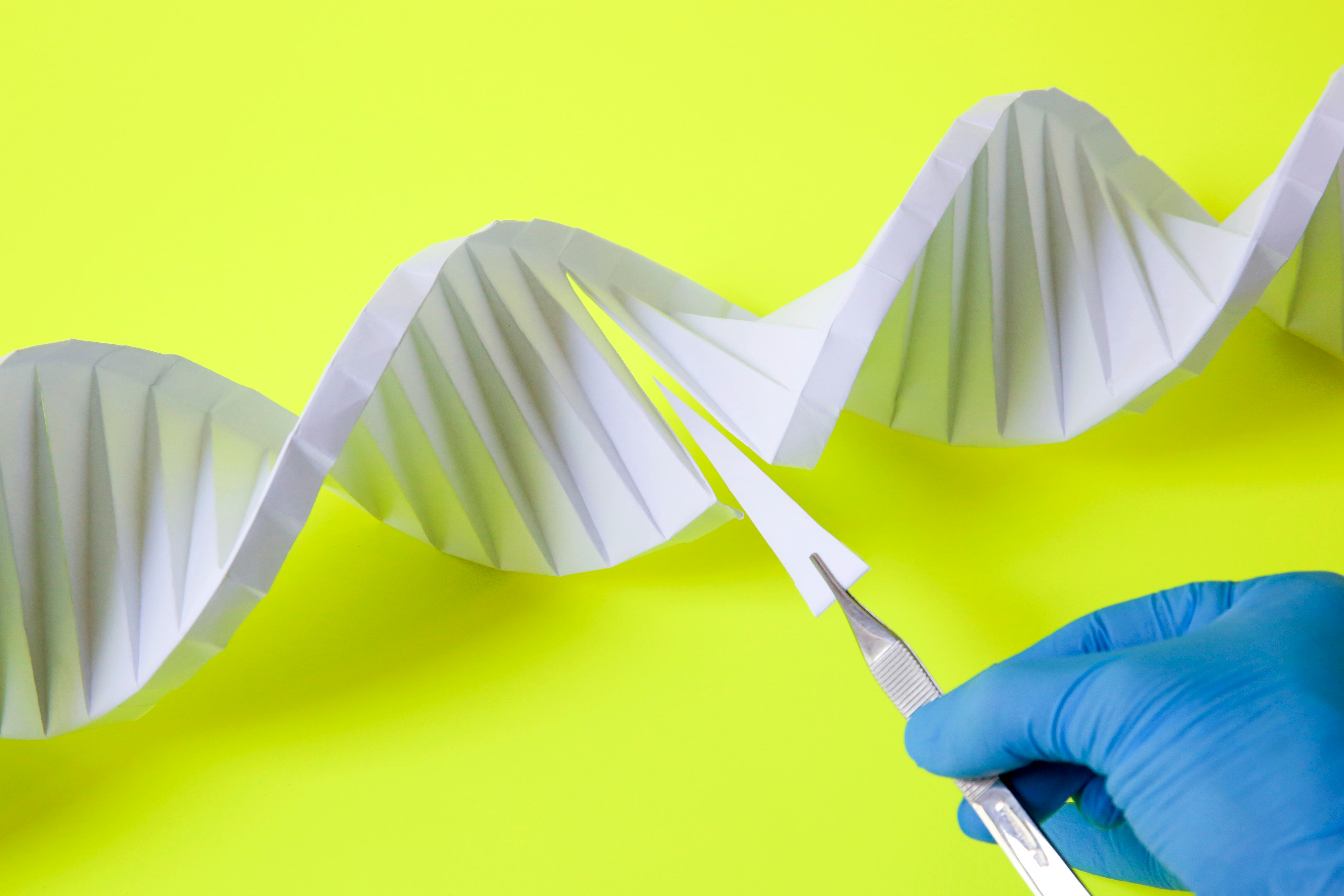
Across the globe, around 34 million people have a genetic disorder that increases their levels of “bad” cholesterol, also known as low-density lipoprotein (LDL) cholesterol. Called familial hypercholesterolemia (FH), this condition puts individuals at an increased risk for heart disease and premature death. They often must rely on daily cholesterol-lowering drugs to maintain their cardiovascular health.
But that fate, and our limited means to treat FH, might be a thing of the past. According to findings revealed Sunday at the annual meeting of the American Heart Association in Philadelphia, a novel gene editing therapy lowered “bad” cholesterol levels in individuals with FH by targeting an enzyme called PCSK9. Participants who received the highest dose of the new therapy saw their LDL levels drop by as much as 55 percent.
“Instead of daily pills or intermittent injections over decades to lower bad cholesterol, this study reveals the potential for a new treatment option — a single-course therapy that may lead to deep [LDL] lowering for decades,” Andrew Bellinger, the study’s senior author, and chief scientific officer at Verve Therapeutics, who sponsored the clinical trial, said in a press release.
The new therapy uses a newer version of the common gene-editing tool CRISPR called base editing, which cuts small components of DNA strands instead of breaking the entire strand. The major advantage of base editing is more efficiency and fewer errors when tinkering with the disease-causing genes. More importantly, because it doesn’t make any breaks in the DNA, the likelihood of introducing unintended mutations or DNA damage, which could lead to cancer, is reduced.
In the clinical trial, 10 participants received an intravenous infusion of the base editor targeting a single gene in liver cells called PCSK9, dubbed VERVE-101. In individuals with FH who inherit an altered copy of PCSK9 from an affected parent, this gene encodes an enzyme that breaks down LDL receptors on the surface of liver cells more quickly than normal, resulting in a build-up of LDL cholesterol in the blood. VERVE-101 instructs liver cells instead to make a mutated PCSK9, rendering it ineffective.
Participants got varying amounts of VERVE-101. For three patients who received the highest dosages, their PCSK9 levels dropped between 47 and 84 percent, and their LDL levels fell by 39 and 55 percent. These results appeared to be comparable to what the participants would have experienced on PCSK9-blocking drugs.
The results are still preliminary and require larger clinical trials, which Verve Therapeutics is gearing up for in New Zealand and the United Kingdom (sites of the original trial) and potentially in the US. While base editing is considered safer than other forms of gene editing, there’s still a safety concern, particularly off-target effects in other genes.
During the study, two participants experienced serious adverse effects. One died from cardiac arrest five weeks after treatment but was found to have severely blocked coronary arteries during the autopsy. This case wasn’t deemed related to the infusion, according to the press release. The other individual suffered a heart attack right after but recovered. He had not disclosed that he was experiencing chest pain before the treatment and would have otherwise not been included.
If successful in ongoing investigations, there’s a hope of not only treating individuals with FH but any older adult with or who has the risk of cardiovascular disease. It’s unclear how accessible this gene therapy will be since some approved gene therapies are priced in the millions. But it’s a start to using gene therapy not just for rare genetic disorders but common ailments as well.







